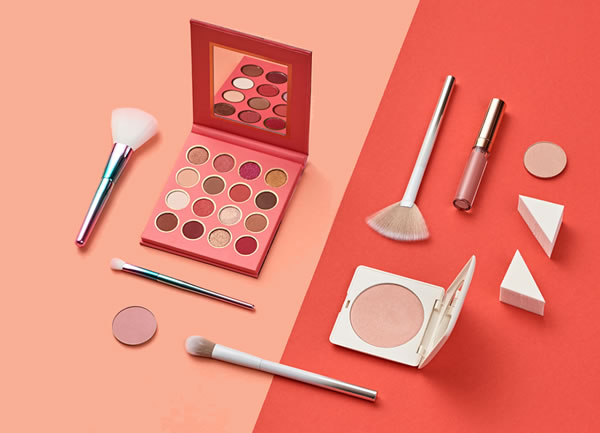Antiperspirants, Deodorants and Breast Cancer - Why Still in the News?
The media and others repeatedly raise the question of a possible link between use of deodorants and antiperspirants and breast cancer. This naturally causes concern to consumers yet this myth has been soundly rejected by scientists and independent cancer charities alike.
Cancer Research UK describes the fear as a myth and states clearly there is no convincing evidence to support the allegation.
Breast Cancer Now has information clearing up some of the myths about the causes of breast cancer which states very clearly that using deodorants or antiperspirants does not increase your risk of breast cancer.
Manufacturers may only place cosmetic products on the market if they are safe. This is what the law demands. Manufacturers place antiperspirants and deodorants on the market because they are safe. Their safety is assured by legislation and by expert safety assessors and this is also supported by independent cancer charities and scientists.
Scientists dispel myth of deodorant and antiperspirant breast cancer danger
Throughout 2019, an independent panel of top European scientific experts spent many months investigating the safety of aluminium in cosmetic products, which includes antiperspirants and deodorants. This expert panel is called the Scientific Committee on Consumer Safety (SCCS). In March 2020, the SCCS published a detailed opinion which reconfirms the fact that aluminium is safe in all cosmetic products, and does not cause cancer. The experts didn't just look at cosmetics in isolation, they also took into account exposure from other sources such as diet, to make sure that the overall exposure is safe.
This opinion confirms the findings from other major studies over the years which have also confirmed that there is no link between aluminium in antiperspirants and breast cancer. In 2008, a panel of leading clinical oncologists (the branch of medicine that deals with tumours, including study of their development, diagnosis, treatment and prevention) reviewed over 50 pieces of research and concluded that there is no scientific evidence that deodorants or antiperspirants cause cancer. The study1 was published in the September 2008 edition of leading French cancer journal, Le Bulletin du Cancer.
The study was a very comprehensive literature review which looked at 59 scientific studies published since 1994 relating to antiperspirant and deodorant safety - and concluded that these products present no health risk to the public at all.
In the same way as the SCCS expert panel, this study was conducted by a panel of independent scientists with no vested interest in either supporting or refuting a link between deodorants and antiperspirants and cancer.
1 Moïse Namer, Elisabeth Luporsi, Joseph Gligorov, François Lokiec, Marc Spielmann . L'utilisation de déodorants/antitranspirants ne constitue pas un risque de cancer du sein. Bulletin du Cancer. 2008;95(9):871-880. doi:10.1684/bdc.2008.0679
Do deodorants or antiperspirants cause breast cancer?
There have been numerous myths raised about a link between antiperspirant use and breast cancer. The first is that reducing underarm sweat through antiperspirant use allows toxins to build up in breast tissue leading to cancer. Another argument concerns the aluminium and zirconium salts gaining access to the body and causing breast cancer. Neither of these arguments is supported by clinical evidence.
Different groups of top scientists, who are independent and have no vested interest in either supporting or refuting a link between deodorants and antiperspirants and cancer, have confirmed that there is no link between these products and cancer. Most recently in March 2020, a panel of top European scientific experts, called the Scientific Committee on Consumer Safety (SCCS) published an opinion confirming that cosmetic products containing aluminium are safe.
Why is aluminium used in antiperspirants?
Antiperspirant actives are complex mixtures of large inorganic polymers, commonly referred to as salts. There are two main types of antiperspirant salts in use today: aluminium-only or those which contain both aluminium and zirconium. Both types have been recognised as being effective in reducing sweat formation which is why they are approved for consumer use by regulatory authorities.
Why is aluminium so important in reducing sweat?
Antiperspirants contain ingredients called aluminium salts (sometimes referred to aluminium/zirconium salts) that dissolve in sweat and leave a thin coating of gel over the sweat glands. This coating reduces the amount of sweat on the skin for a number of hours after the antiperspirant is applied. Alum, a salt of aluminium, is the crystal widely used in "natural" deodorants/antiperspirants and works along similar lines.
If antiperspirants are safe, why are women told not to use them before having a mammogram?
This has nothing to do with the safety of antiperspirants. Women should not use any deodorant or antiperspirant before a mammogram in case the material on the skin appears as a shadow in the X-ray picture and is mistaken for an abnormality in the breast.

